Party Central Committee members: Editor-in-Chief of Nhan Dan Newspaper, President of Vietnam Journalists Association Le Quoc Minh; Chairman of the Committee for Culture and Society Nguyen Dac Vinh; Editor-in-Chief of Communist Magazine Hoang Trung Dung and delegates visited the exhibition at the Forum on the role of the press in promoting the development of cultural industries_Source: daibieunhandan.vn
The role of journalists in accompanying businesses in developing the cultural industry
First, disseminating information and promoting cultural values. Journalists are not only information transmitters, but also storytellers, preservers, honorers and spreaders of cultural values that businesses are striving to contribute to the development of cultural industry. This team plays an important role in introducing products, services and brands associated with cultural products to the public. Through press works and press products, journalists help the public know about products and services, understand the cultural values and spiritual meanings of cultural products, helping cultural products and services go beyond the scope of pure consumption and become a part of social spiritual life. At the same time, journalists accompany businesses in building and promoting the image and reputation of cultural products and services. A successful cultural product is not only based on the quality of content or form, but also needs to be accepted by society and trusted in terms of value, meaning and contribution to the community. When journalists perform this role well, Vietnamese cultural products and services will not only be "known", but also "loved" and "chosen", creating added value for businesses and the national cultural industry, contributing to helping products carry Vietnamese identity, affirming their position on the global cultural industry map.
Second, connecting businesses with the public. Journalists play an important role as a bridge between businesses and the public in the journey of developing the cultural industry. Journalists help convey the meaning and story behind cultural products so that the public understands, sympathizes and accepts the product not only in terms of its practical value but also in terms of its spiritual value and cultural message. In turn, the press helps businesses listen to feedback from the public, grasp their needs and tastes, thereby adjusting and perfecting their products accordingly. In addition, the press creates forums for discussion, discussions, in-depth columns, etc., helping businesses and the public have the opportunity to have direct dialogue, strengthen their connection, accompany and share responsibility in developing cultural products and services.
Third, social criticism, orientation, and policy adjustment. The press plays an important role in social criticism, contributing to the orientation of the development of cultural products and services and promoting the completion of policies to support enterprises in developing cultural industry. In the cultural field - where products are both creative and have a direct impact on social and spiritual life, journalists not only observe, analyze, and evaluate the implementation of cultural products and services in the market, thereby pointing out the limitations and inadequacies in the creative, production, and distribution strategies of enterprises, but also have the responsibility to orient public opinion, contributing to forming the correct perception of society towards cultural products and services. This is the basis for enterprises to re-evaluate their operations, adjust their products and services towards better quality, more humaneness, and better suit the needs and expectations of the public. On the other hand, the press reflects the difficulties, obstacles, and barriers from mechanisms, policies, and the legal environment, so that state management agencies can research, adjust, and issue policies that are close to reality, creating a healthy and sustainable industrial and cultural development environment.
Fourth, inspire, create content, affirm the role of the press as part of the cultural industry. In the cultural industry ecosystem, the press not only plays the role of a "transmission channel" to promote products and services, but is also an important component of the creative value chain. With the characteristics of content production, information creation, and social storytelling, the press is both a companion and a direct subject in creating cultural products, contributing to the overall development of the national cultural industry.
Journalistic works and press products become part of the flow of cultural creativity. These products not only convey the story and meaning of other cultural products and services, but also have entertainment, education, and art values, and participate in the spiritual life of the public. More importantly, the press has a multi-dimensional impact on cultural creative activities, such as inspiring creativity, shaping tastes, expanding access to cultural products, and promoting multi-sector cooperation. Thanks to this role, the press helps connect different fields and professions in the cultural industry, from publishing, music , cinema to fine arts, tourism, creative design, etc., creating great resonance, strongly spreading Vietnamese cultural values to the international market.
Recognizing the press as an independent creative entity and an indispensable link in the value chain of the cultural industry will help enhance the position of the press, while opening up new opportunities for the press industry to participate more deeply and proactively in the sustainable development of the Vietnamese cultural industry.
Challenges for journalists when accompanying businesses to develop Vietnam's cultural industry
Firstly, there is a lack of in-depth and comprehensive knowledge of the cultural industry. The cultural industry is an interdisciplinary field and requires a close combination of artistic creation, technology, production, market management and especially the preservation and promotion of cultural values. However, in reality, the current team of journalists still lacks basic knowledge of the cultural industry, does not have a comprehensive view of how it operates, and lacks direct experience with creative fields such as film, music, fashion , video games, creative design, fine arts, performing arts, etc., so they often approach the issue in a superficial event reporting manner, without going into depth to analyze business models, creative value chains, policy impacts or specific challenges of businesses participating in the development of the cultural industry. As a result, press products on the cultural industry are mostly purely informative, and do not organize articles with in-depth analysis, investigation and social criticism. The public therefore lacks the opportunity to fully understand the cultural values and meanings as well as the difficulties and challenges that Vietnamese cultural products and services face when entering the market. On the business side, they have not received adequate support from the press in explaining and conveying cultural messages, or reflecting recommendations and policy proposals necessary for industry development.
Second, there is a lack of investment in specialization and long-term communication in the field of culture and information technology. Most press content related to culture and information technology only reflects individual events, such as a film premiere, a festival, an exhibition or a new product, and has not been organized into many series of articles that are linked, systematic or follow the development process of specific fields in culture and information technology. This reflects a lack of investment in both content strategy and specialized human resources. In many press agencies, culture and information technology is often included in the culture - entertainment or socio-economic sections. Reporters in charge of this section often have to work on many topics, without the conditions to conduct in-depth research or build a network of collaborators, experts and businesses in the industry. This makes communication about culture and information technology fragmented, lacking depth and continuity - which is essential to raise social awareness of the value and potential of this field.
On the other hand, the lack of long-term perspective is also reflected in the approach to content. Enterprises developing cultural products often have a continuous strategy of brand building and product development, associated with each stage and each campaign. However, the press has not accompanied long enough to closely follow those processes, from the time the product is still in the idea stage until it is completed and launched to the market. Only appearing at the time of product launch makes the press considered an "instant communication tool" instead of a true strategic partner of the enterprise. As a result, enterprises do not feel the sustainable companionship from the press, and journalists have little opportunity to deeply understand, correctly and well tell the creative stories behind cultural products. The lack of specialization also limits the press's ability to criticize, contribute ideas or create and orient the development of enterprises - an important function in the cultural communication value chain.
Third, the pressure of commercialization and shallow, light communication. In the context of fierce competition in terms of reads, views, interactions and advertising, many press agencies are forced to prioritize speed, sensationalism, and attention-grabbing levels instead of focusing on investing in in-depth, sustainable content. Especially in the field of cultural products and services, which requires sophisticated analysis, professional understanding and aesthetic orientation, this trend becomes an even greater challenge. Many articles about cultural products and services today focus on exploiting the surface such as launch events, prominent controversies, and "hot" phenomena on social media, without delving into the creative story, cultural significance, or social contributions behind the product.
The underlying cause of this situation stems from the growing dependence of the press on advertising revenue, media sponsorship, as well as from competitive pressure with social media and digital content platforms, where speed of dissemination is often prioritized over depth of information. In addition, the lack of a team of reporters with knowledge of the field of culture and information technology, and the lack of time to invest in in-depth investigation and analysis are also important causes leading to the trend of "quick-fix" journalism, lacking depth and sustainability. The public is at risk of approaching cultural products and services from a purely entertainment perspective, even from a deviant perspective, leading to a decline in trust in both products and businesses. In the long run, this undermines the reputation of the press, reducing the competitiveness of Vietnamese culture and information technology in both domestic and international markets.
Fourth, there is a lack of coordination and sharing mechanisms between the press and businesses in the cultural field. In fact, the two sides have a close relationship - the press needs information from businesses, businesses need the press to spread their products and services - but this relationship is still largely short-term, event-based, lacking strategy and depth. The first reason is that, due to stemming from an incomplete view from both sides. Many businesses still consider the press mainly as a channel for instant product promotion, but do not consider the press as a long-term partner in building cultural values, positioning product brands, or conveying creative stories. On the contrary, a number of journalists only approach businesses from the perspective of providing news, articles, and press releases, without proactively researching and deeply exploiting stories and strategic issues related to the development of cultural industries. The second reason is the lack of forums and official connection mechanisms between the press and businesses in the field of cultural industries. Currently, most of the exchange and sharing activities between the two sides are small-scale, fragmented, lack specialization, and have not created a sustainable connection. This leads to the two sides missing the opportunity to coordinate to jointly enhance the value and spread of cultural products and services.
Fifth, the requirement for digital transformation, multimedia creation and challenges to professional ethics. In the digital age, the public, especially young people, the most important customer group of CNVH, increasingly prioritizes receiving information through social media platforms, short videos, podcasts, infographics, livestreams, etc. instead of traditional articles. This requires journalists to not only be good at writing, interviewing, and analyzing, but also to master multimedia content production skills, understand how to distribute content on digital platforms, and grasp new media trends. However, not all journalists are trained and fully equipped with skills and tools to serve the digital transformation process. Many journalists today are still familiar with the traditional working model, not proactively learning and updating digital skills, leading to confusion when implementing new forms of content production. This makes the press easily fall behind social media platforms, gradually losing its competitive advantage in reaching and influencing the target audience of cultural products and services. In addition to the human factor, many press agencies also face difficulties in technology infrastructure, equipment, software, and multimedia content production and distribution platforms. The lack of systematic investment in digital transformation limits content creation efforts, reducing the ability to effectively accompany businesses on modern media channels.
In addition to the pressure of digital transformation and multimedia content creation, another challenge is the decline in professional ethics of a segment of journalists. Some journalists write articles without verification, exaggerate information, and even coerce and harass businesses. The cause of this phenomenon is due to the pressure of the press economy, media competition, and the lack of journalistic ethics of some authors. In the context of the press having to be financially autonomous, many press agencies depend largely on advertising and sponsorship revenue, leading to the emphasis on economic goals over social responsibility. On the other hand, press agencies lack internal monitoring and cross-checking mechanisms, making information control loose, and easily leading to abuse of the media for personal gain.
Solutions to promote the role of journalists in accompanying businesses in developing cultural industries
In order for journalists to truly promote their role as companions to businesses, becoming a force for creating, leading and spreading cultural values in the development of the cultural industry, it is necessary to synchronously implement many groups of solutions:
First, establish a career vision for journalists in the cultural industry. Journalists need to elevate their professional thinking, move beyond the simple way of doing journalism to serve commerce or short-term events, and become creative companions, true "cultural storytellers". That requires them to constantly improve their expertise, expand their interdisciplinary knowledge, update new creative trends, proactively connect, and gain practical experience with businesses, artists, and creators. When the press can do this, they not only convey the story of the product, but also inspire and encourage innovation, create a strong social influence, help nurture a creative cultural environment, and at the same time, add strength to businesses for sustainable development.
The colors of silk - a unique cultural and tourist product of Hoi An_Source: baoquangnam.vn
Second, create an environment of strategic and equal cooperation between the press and businesses . It is necessary to shift the press-business relationship towards strategic cooperation, considering each other as partners accompanying each other in building value. This cooperative environment requires both sides to respect each other's roles and professional characteristics. Businesses developing cultural industries need to proactively share information not only about products, but also about vision, mission, creative philosophy, difficulties encountered, even failures and lessons learned. On the contrary, the press must approach businesses not only with the mindset of "making news", "doing PR", but with an attitude of responsible companionship: learning about creative stories, analyzing cultural values, conveying social meanings, honestly reflecting both strengths and weaknesses. When the press helps Vietnamese cultural products and services position themselves in the international market, that is also the time when the national cultural brand is elevated, the "soft power" of the country is consolidated.
Third, create a space for policy dialogue on culture and information technology. In order for the press to effectively accompany businesses in developing culture and information technology, it is necessary to create policy dialogue spaces where the press, businesses, management agencies and relevant parties can meet, exchange, share and debate responsibly and transparently.
The press, as a social bridge, can become an important force to help gather the voices of businesses, reflect on policy forums, propose recommendations, and contribute to promoting adjustments and perfecting policies for the development of the cultural industry. The formation of these dialogue spaces helps the press better perform its role of social criticism. This is a "companionship" at the strategic level, when the press not only supports businesses on the media front, but also contributes to shaping a favorable institutional and legal environment for business development. When these dialogues are maintained regularly, publicly, and transparently, a healthy and sustainable cultural industry ecosystem will gradually be shaped.
Fourth, build a monitoring mechanism, promote social responsibility and professional ethics. It is necessary to build strict monitoring mechanisms at press agencies and associations at all levels. Press agencies should strengthen internal monitoring, cross-control, promptly remind and handle violations, and at the same time honor journalists with great courage, dedication, responsibility to the community, and spread good values. Journalists' associations and professional organizations need to promote the role of social monitoring, proactively detect and speak out about deviant behaviors, contributing to cleaning up the team. Continuously improve professional awareness, social responsibility, and foster professional ethics for journalists. Only when journalists maintain their courage and professional qualities, can the press become a worthy companion, helping businesses develop the cultural industry in a healthy and sustainable way, contributing to building the image of a creative and unique Vietnamese culture.
Fifth, innovate, invest in digital transformation, and improve the capacity to spread cultural products and services. The State and professional associations need to have a mechanism to support the improvement of the capacity of journalists, such as organizing specialized training courses on cultural technology and digital media; honoring and rewarding creative works that have positive spreading value for Vietnamese cultural products and services. Press agencies need to invest in technology infrastructure, software, and digital platforms to support the production of digital, multi-platform content that is suitable for the reception trends of modern audiences. Enterprises need to proactively cooperate, share information, and co-sponsor creative journalism projects on cultural technology. This initiative does not stop at providing data, but can also include co-developing creative media products (such as documentaries, podcasts, thematic talks, etc.), and jointly building campaigns to spread the value of cultural products to the market.
In the flow of national development, culture is not only an economic sector, but also the embodiment of “soft power”, of identity, of national pride. The companionship of the press and businesses in developing culture is therefore not simply a media-product relationship, but a resonance to arouse and nurture a great aspiration: Developing the country from culture!
The press, with its power of information, storytelling, public opinion orientation, and trend shaping, can help spread the unique cultural values, innovative products and services of Vietnamese enterprises to the international market, while at the same time inspiring pride, innovation, and love for Vietnamese products in the public. On the contrary, enterprises, with their creativity and desire to rise, provide the press with new stories, vivid evidence of a modern, dynamic, and integrated Vietnamese culture./.
Source: https://tapchicongsan.org.vn/web/guest/van_hoa_xa_hoi/-/2018/1098902/phat-huy-vai-tro-nguoi-lam-bao-trong-dong-hanh-cung-doanh-nghiep-phat-trien-cong-nghiep-van-hoa-viet-nam.aspx


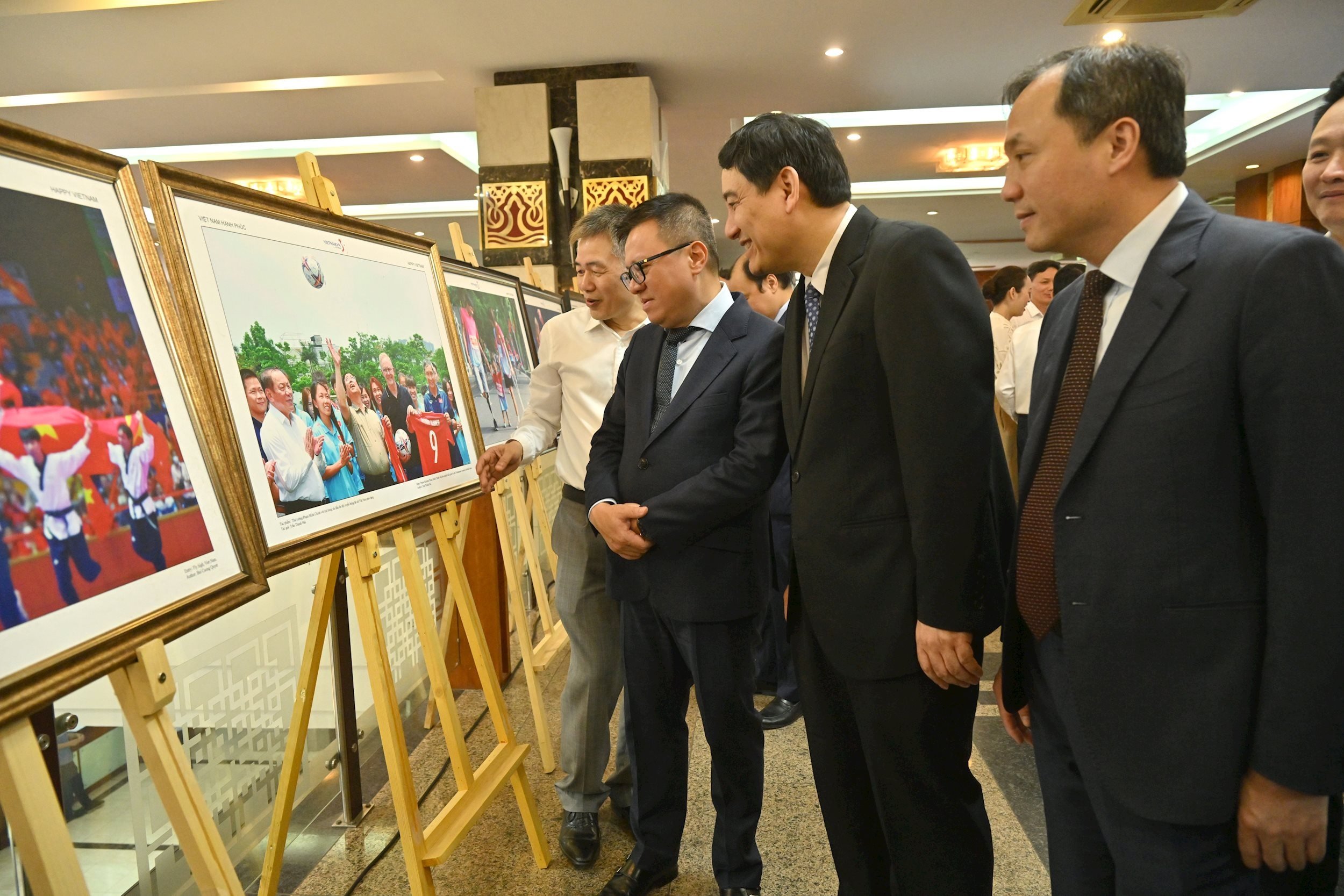



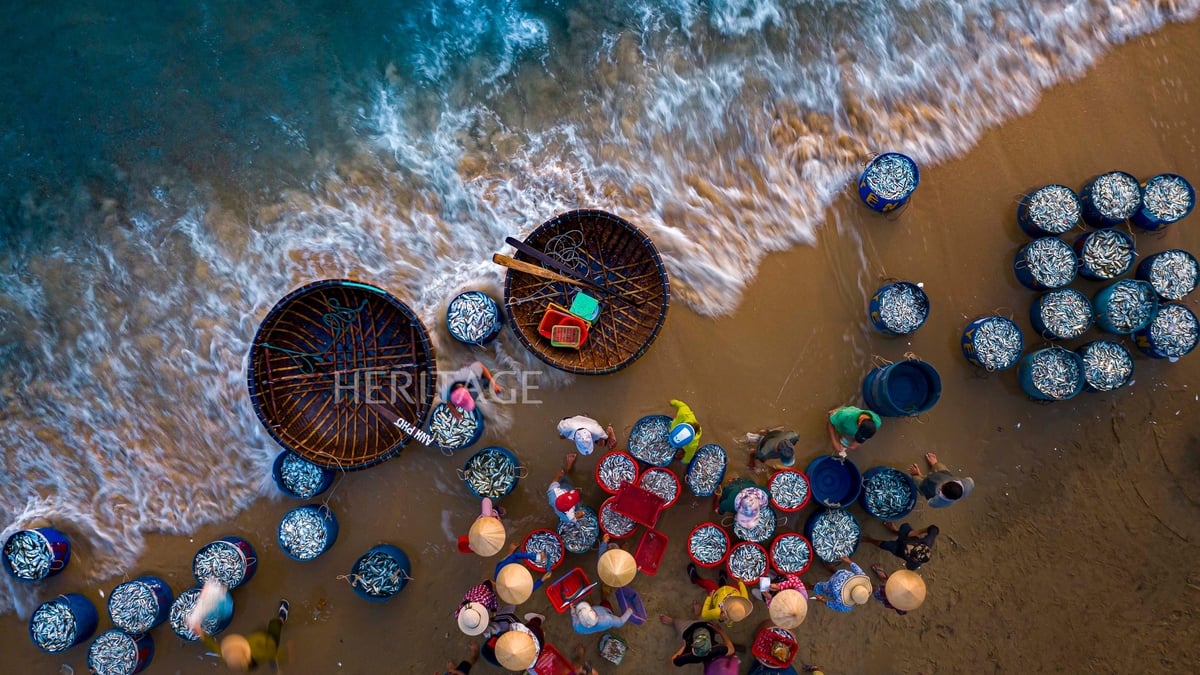
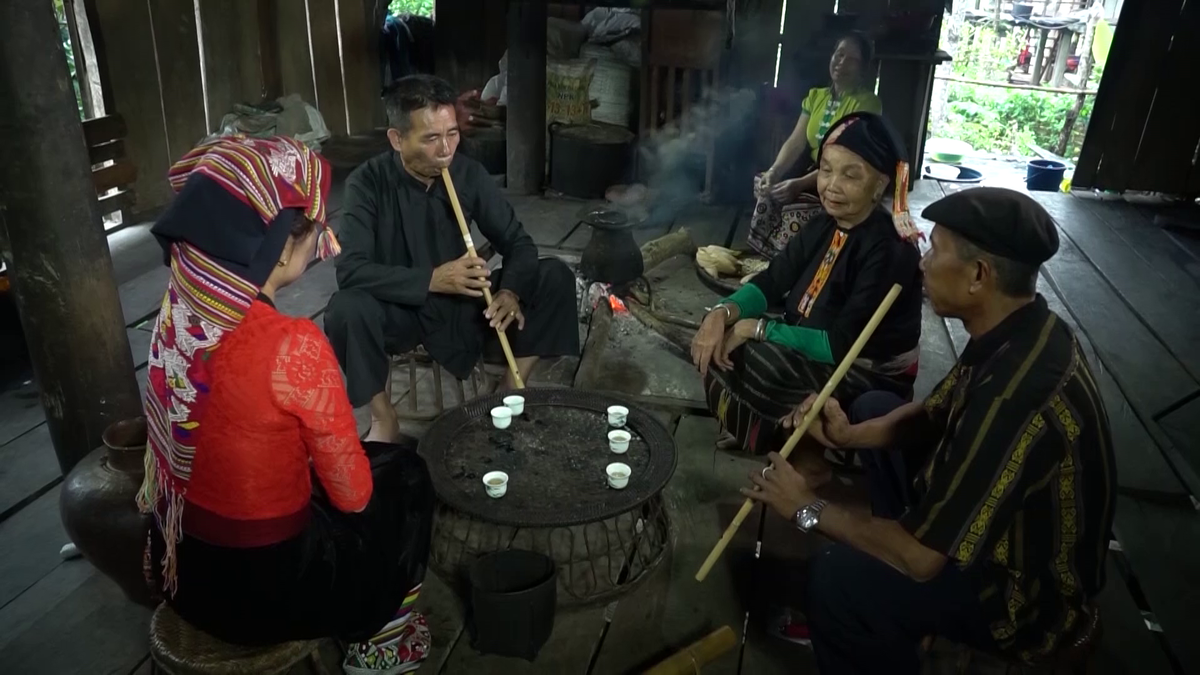


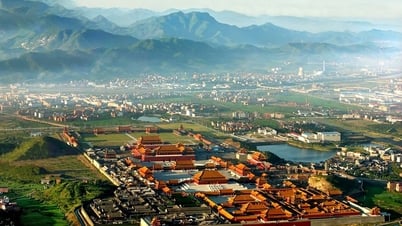






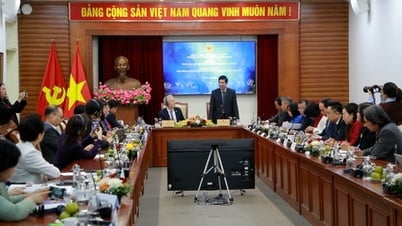



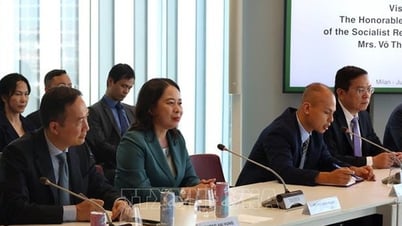

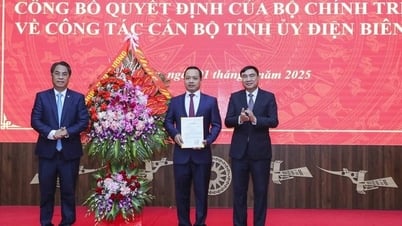
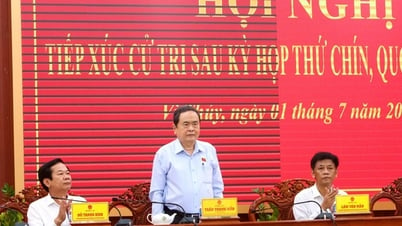
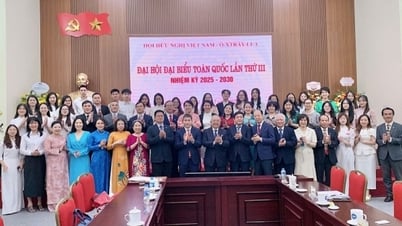

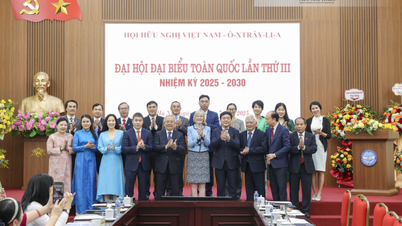

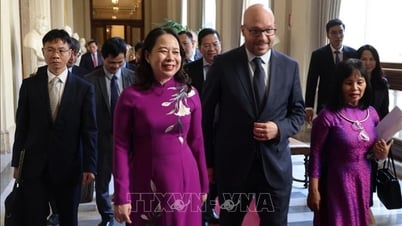






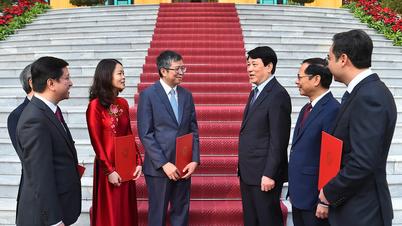




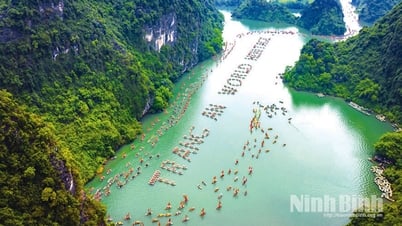





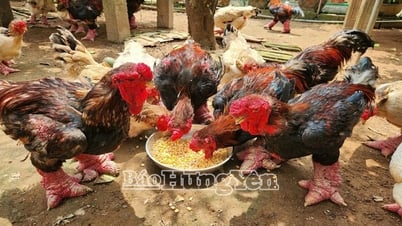

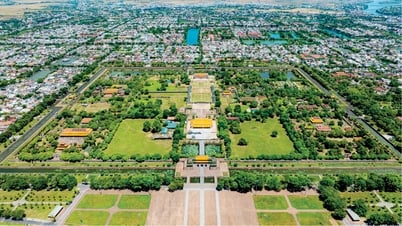

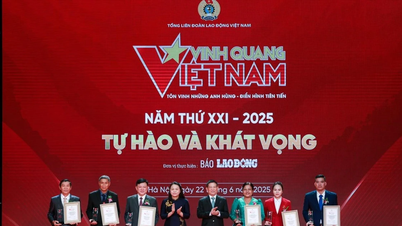

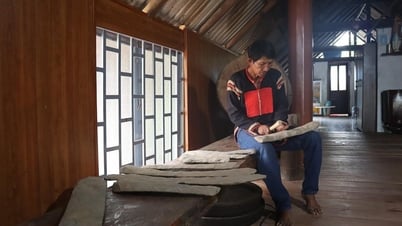

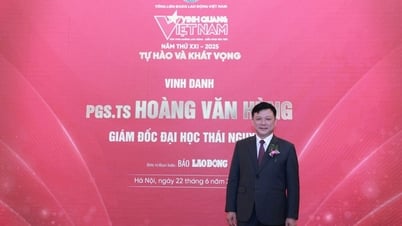



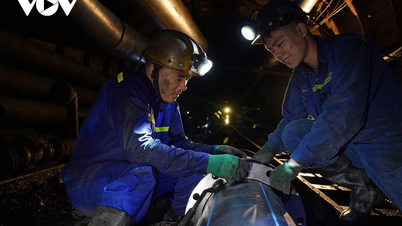



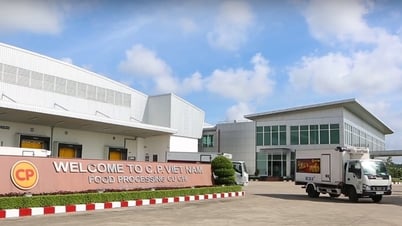


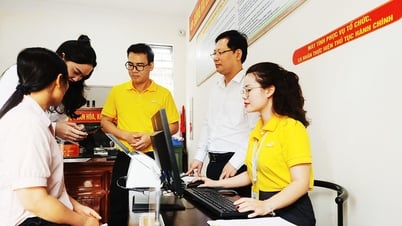















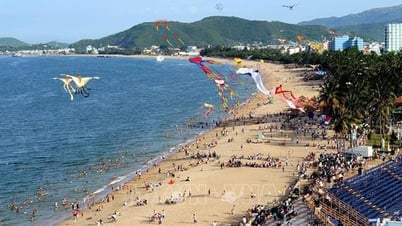
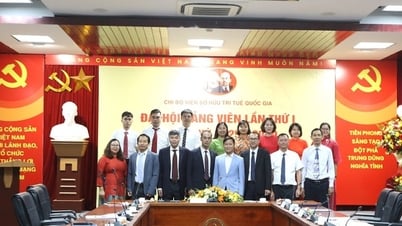






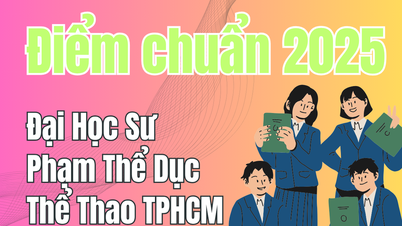
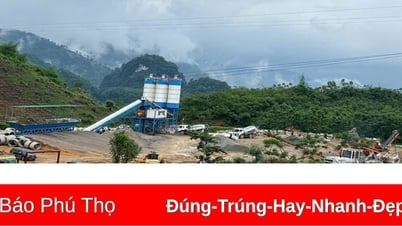

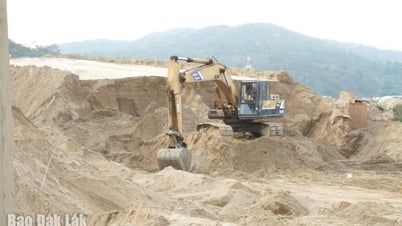





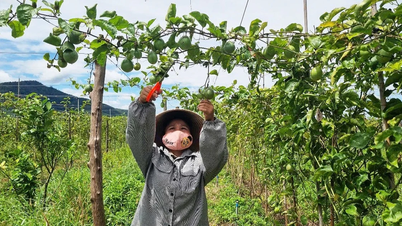



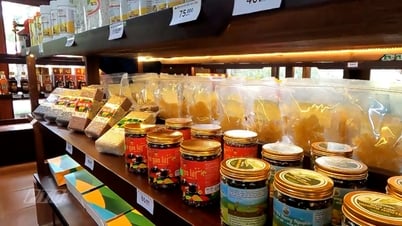







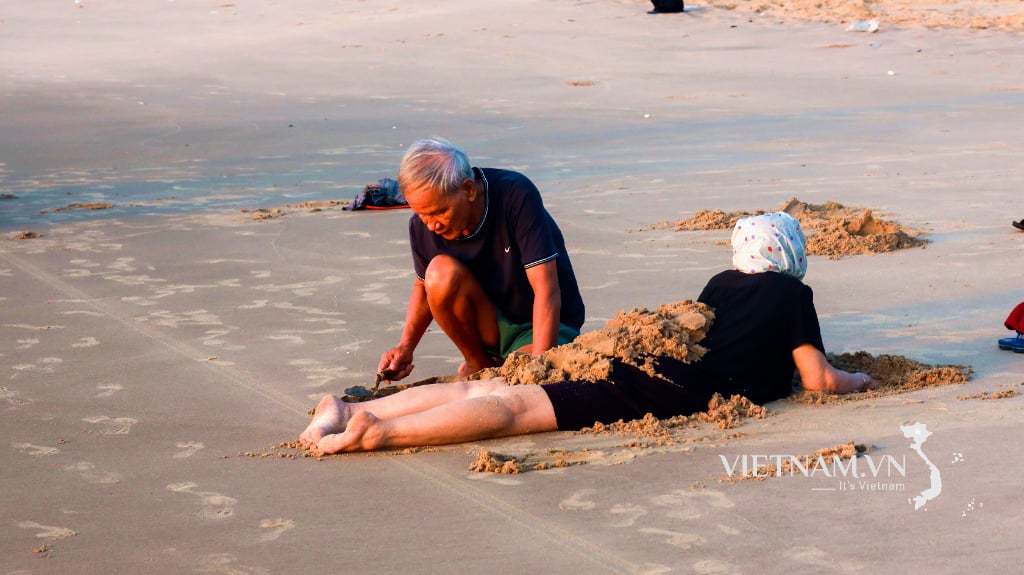
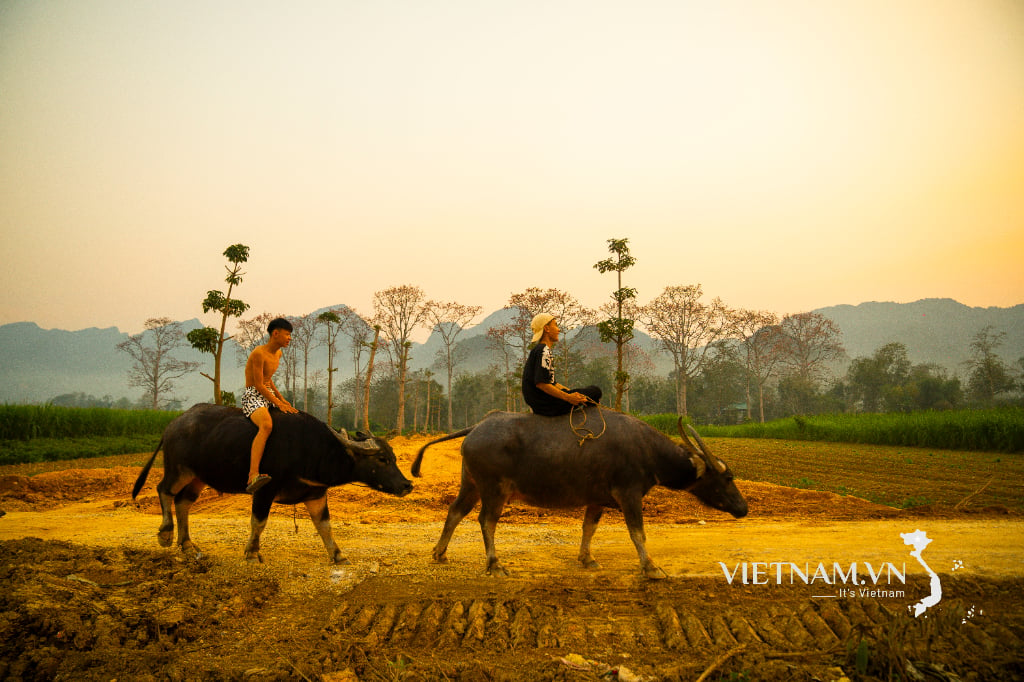
Comment (0)